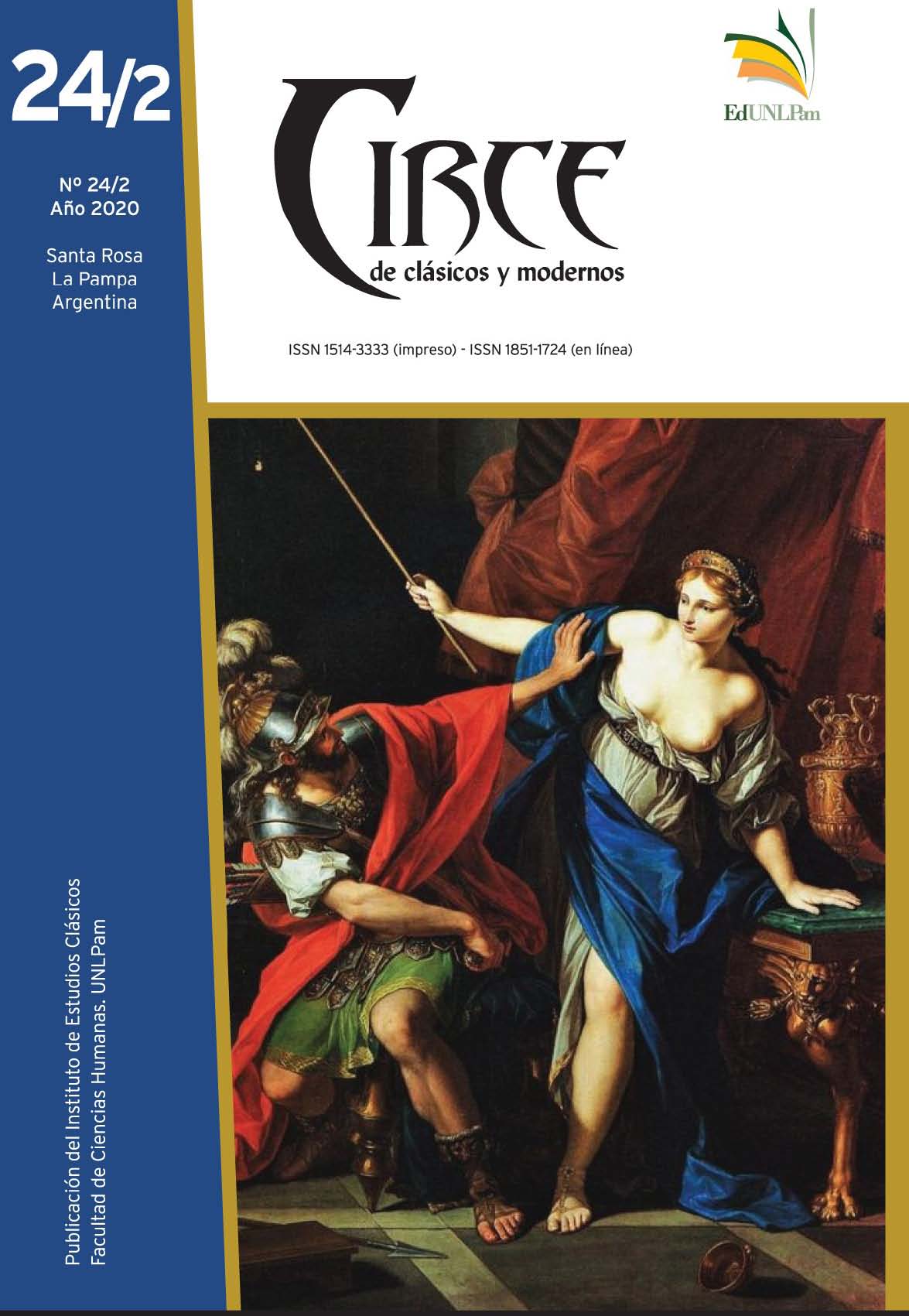Leadership and identities in the churches in the early second century: an interpretation of Acts 16
Keywords:
Acts of Apostles, authority, church of Philippi, Paul of Tarsus, identityAbstract
The aim of this work is to analyze Acts 16 as a story organized by the author based on the tensions of the ἐκκλησίαι of the beginning of the IInd century. We will identify in the narrative how are represented the concerns about community leadership and the forging of a group identity. In the first case, Paul’s interac-tion with the Philippians οἶκοι leads to a reflection on the relationship between ministers and faithful. In the second, the different designations that Paul receives in the chapter would demonstrate not only the complex identity of the believers, but the community proposal of the author.
Downloads
Downloads
Published
Issue
Section
License
Los autores que tengan publicaciones con esta revista, aceptan los términos siguientes referidos a los derechos de autor/a:
1. Los autores/as conservarán sus derechos de autor y garantizarán a la revista el derecho de primera publicación de su obra, el cuál estará simultáneamente sujeto a la Licencia de reconocimiento de Licencia Creative Commons Atribución-NoComercial-CompartirIgual 4.0 Internacional (http://creativecommons.org/licenses/by-nc-sa/4.0/). que permite a terceros compartir la obra siempre que se indique su autor y su primera publicación esta revista. El autor es el titular del copyright.
2. Los autores/as podrán adoptar otros acuerdos de licencia no exclusiva de distribución de la versión de la obra publicada (postprint) siempre que se indique la publicación inicial en esta revista. La cesión de derechos no exclusivos implica también la autorización por parte de los autores para que el trabajo sea depositado en el repositorio institucional y difundido a través de las bases de datos que el editor considere adecuadas para su indización, con miras a incrementar la visibilidad de la publicación y de sus autores.
3. Se permite y recomienda a los autores/as difundir su obra a través de Internet antes y durante el proceso de envío, lo cual puede producir intercambios interesantes y aumentar las citas de la obra publicada.







.jpg)









2.png)



